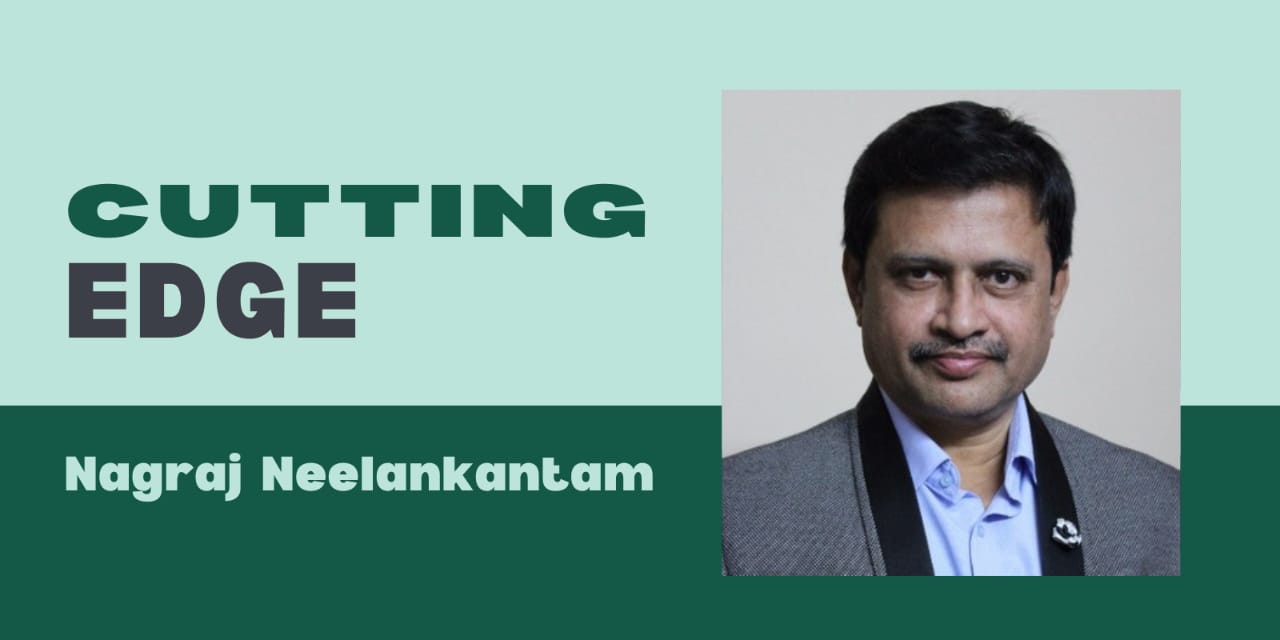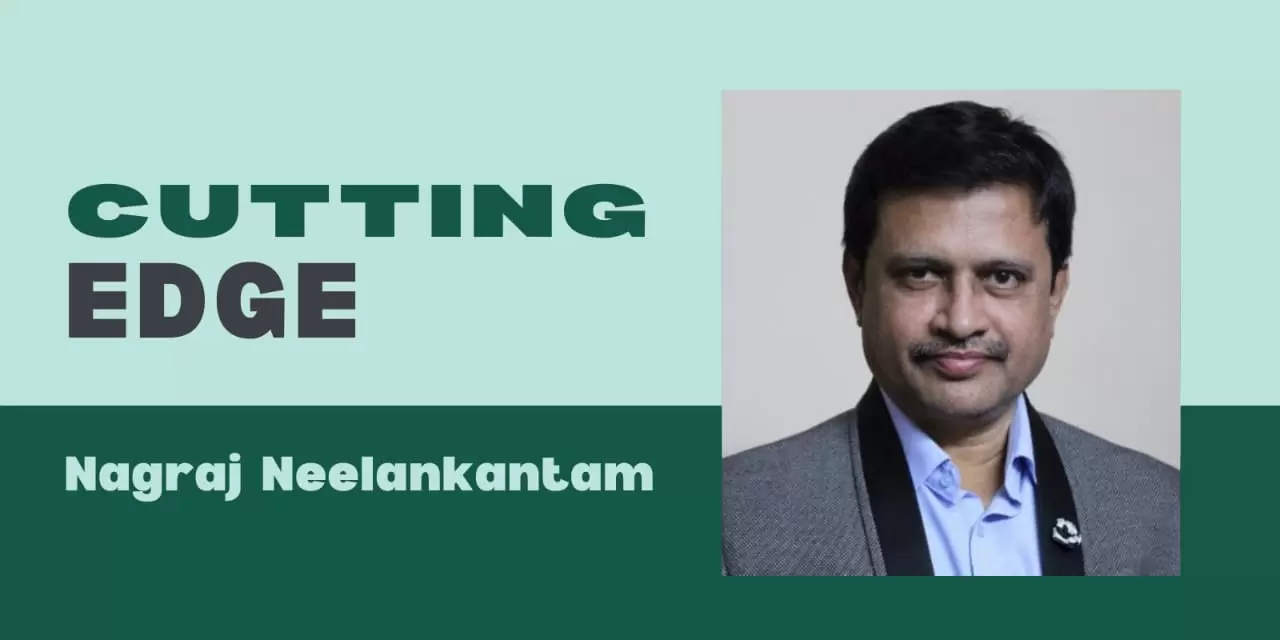Kuwait Beyond Oil – Diversifying Bilateral Relations: Historically, Kuwait has been synonymous with oil in India’s foreign policy. However, Modi’s visit emphasized a broader vision, exploring economic cooperation, clean energy investments, and digitization initiatives. Kuwait is now considering India as a crucial partner for diversification in sectors such as tourism, technology, and renewable energy. Notably, Kuwait’s al-Sabah royal family’s historical ties to India—owning prime property in Mumbai—highlight the cultural and economic connections that underpin this relationship.
West Asia Policy – From Oil Trade to Citizen Welfare: India’s engagement with West Asia dates back to the 1970s when Indian citizens worked in oil refineries and construction projects across the region. Over time, India’s focus has shifted towards ensuring welfare measures for its citizens abroad, particularly in Gulf countries where over 8 million Indians reside. Kuwait alone is home to a substantial expatriate community, comprising 21% of its population. Modi’s visit reinforced this commitment to citizen welfare while exploring avenues for deeper cooperation.
Bilateral Visits – Shaping a New Narrative in West Asia: Since 2014, Modi’s government has prioritized strategic visits to West Asia to craft a narrative that transcends trade. The Prime Minister’s over 20 visits to the region reflect India’s proactive approach to diplomacy. These engagements have resulted in significant investments from Gulf countries, including Saudi Arabia’s $100 billion and the UAE’s $75 billion in Indian projects. Modi’s visit to Kuwait is another step in strengthening India’s position as a trusted partner in West Asia.
India-Kuwait Relations – Historical Challenges and Modern Revival: The 1990 Iraq invasion of Kuwait posed a diplomatic dilemma for India, which had to navigate tensions carefully to maintain its West Asia relationships. While political relations experienced strain, the core bilateral ties remained intact, sustained by Indian tourism and the expatriate workforce in Kuwait. Modi’s visit aimed to revitalize these relations, marking the first by an Indian Prime Minister to Kuwait in nearly four decades. This visit symbolizes a renewed effort to deepen diplomatic and economic ties.

Energy Transition – From Oil Dependency to Clean Energy: Kuwait’s recognition of the need to diversify its economy aligns with India’s leadership in clean and green energy initiatives. Modi’s visit highlighted opportunities for Kuwait’s Sovereign Wealth Fund to invest in India’s clean energy projects. By encouraging this shift, India positions itself as a partner in Kuwait’s transition from oil dependency to sustainable energy solutions, enhancing Kuwait’s global image and fostering long-term economic collaboration.
Tourism and Cultural Ties – India as Kuwait’s Top Destination: Kuwait’s preference for India as a top tourism destination sets it apart from other Gulf nations whose citizens often favor Europe or America. This cultural affinity is complemented by strong diplomatic ties. Modi’s visit underscored the importance of promoting tourism and cultural exchanges, further strengthening the bond between the two nations.
Regional Diplomacy – Kuwait’s Strategic Position: Kuwait’s geographical location and diplomatic approach make it a vital player in Middle Eastern geopolitics. As a member of the Gulf Cooperation Council (GCC), Kuwait maintains strong ties with Shia-majority nations like Iran while balancing its relationships with Sunni-majority neighbors such as Saudi Arabia. This unique diplomatic stance aligns closely with India’s strategy of fostering collaboration amidst regional tensions. Modi’s visit reinforced the shared commitment to navigating these complexities through mutual cooperation.
Kuwait’s Democratic Spirit – A Unique Bond With India: Despite being a monarchy, Kuwait’s political system embraces democratic principles, fostering diverse viewpoints within its governance. This democratic spirit resonates with India, the world’s largest democracy, creating a unique bond that transcends political structures. Modi’s visit celebrated this shared commitment to inclusive governance, emphasizing collaboration on global and regional challenges.
Technological Collaboration – Kuwait Adopts India’s UPI System: One of the highlights of Modi’s visit was the discussion on digitization initiatives. Kuwait is set to adopt India’s Unified Payments Interface (UPI) system in the coming months, marking a significant step in technological collaboration. This move not only enhances bilateral economic ties but also positions India as a global leader in financial technology solutions.
Regional Challenges – Navigating Complex Alliances: Modi’s discussions in Kuwait addressed regional challenges, including the influence of groups like the Muslim Brotherhood in neighboring Egypt and the role of the Hadassem group in Kuwait’s government. These dynamics highlight the complexities of Middle Eastern alliances, where India’s balanced foreign policy serves as a model for constructive engagement.
Revitalizing Diplomatic Relations – A New Chapter: Modi’s visit to Kuwait marks the beginning of a new chapter in India-Kuwait relations. By addressing areas such as remittances, oil trade, clean energy, and digitization, the visit revitalized a previously stagnant relationship. The outcomes of this trip signal a future of enhanced cooperation and mutual growth, solidifying India’s role as a key partner in West Asia.






